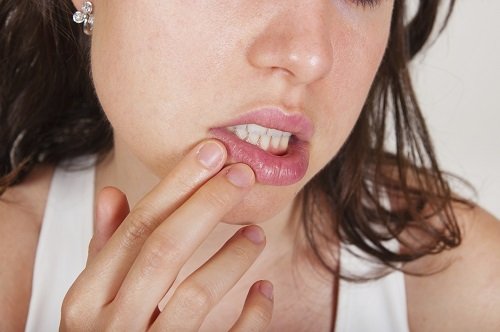The tongue, which is one of the smallest organs in our bodies, has very many benefits. It allows us to talk and taste different flavors. However, these are not the only functions of a tongue. A tongue will also help indicate what may go on in our bodies.
While we all have different tongues, a normal healthy tongue should be pink. It should also have a thin white coating at the top. It should be moist with papillae, which are small bumps on the tongue.
When your tongue is not pink, but it has other different colors, then this may be a problem. A red, purple, or yellow tongue may be a sign of an underlying condition. Here are a few reasons why your tongue may be purple;
Bacteria
Bacteria in the mouth and tongue are very common. However, not all bacteria in the mouth are bad bacteria, as some bacteria in your mouth are necessary for oral health. Bacteria such as chromogenic bacteria, when in extremely high levels, may cause discoloration of the tongue. You can easily eliminate this discoloration by gently brushing your tongue with a toothbrush. However, should the discoloration continue or cause any kind of pain, it is best to see a dentist.
Medication
Certain medications may cause discoloration of the tongue. Pepto-Bismol is an example of a drug that can discolor the tongue, causing it to appear dark or purple. This discoloration usually clears out when you stop using the drug.
Food and Beverage
Sometimes the discoloration on your tongue is because of certain foods or beverages that you consume. These include blueberries, grape juices, colored frosting, and beetroot juices. This is not a cause for alarm, as simple brushing can easily get rid of this discoloration.
Blood Circulation
A purple tongue can also be a sign that blood is not circulating properly throughout the body. When blood is not circulating properly, it can lead to more problems in other parts of the body. If the discoloration of the tongue is accompanied by breathing difficulty and even chest pain, consult with a doctor as soon as possible.
Some reasons stated above may be minor issues, such as the food that you eat. However, a discolored tongue may also indicate a serious problem, such as problems with blood circulation in the body. Therefore, it is best to consult with a medical professional who can further diagnose you and offer the best course of treatment.












